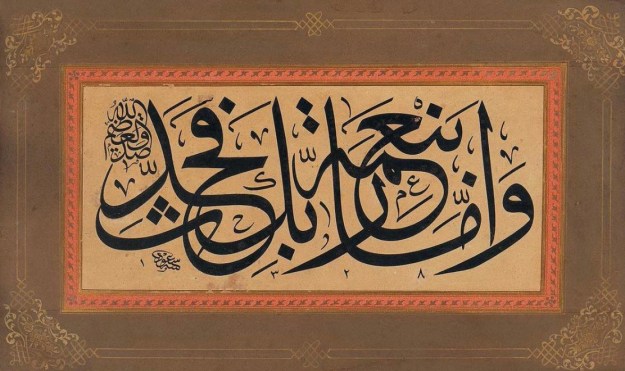
A spiritual seeker wrote that when he received the Shaikh’s reply he was overwhelmed with joy. An electric current ran through his body making him cry profusely. In this state of ecstasy he composed a poem praising the Shaikh.

Shaikh Wasiullah Allahabadi (Allah have mercy on him) replied,
I was extremely happy to read your letter. May Allah make me as per the assumptions of people. Ameen!
From your letter I understood that maybe you have recognized (marifet) me (i.e. as a spiritual mentor). However, let me know wether you have achieved the marifet (gnosis) of the things I tell about this path (tareeq). This is because it is this that really counts. There are numerous individuals who display love (of Shaikh) but very few are cognizant (a’arif of the path). May Allah give you a generous share of this marifet. Ameen!
—————–—
The editor commented that this displays Shaikh’s approach to Islah. The spiritual seeker is not reassured to be content that with verbose praise and flattering speech he may have fulfilled his obligations towards his spiritual mentor and the tareeq. Because most of the time this is naf’s (lower self’s) snare and deception. By involving the seeker in play of words it distracts him from real marifet.
—————-
This a very common mistake. Sometimes it leads to disaster for both Shaikh and the mureed. Shaikh develops ujub and mureed remains entangled in this poetry and praise, neglecting the real marifet.
Moreover, in praising the Shaikh is a very big claim. It means that one himself is of such a great stature that he has recognized the qualities of the Shaikh.





















